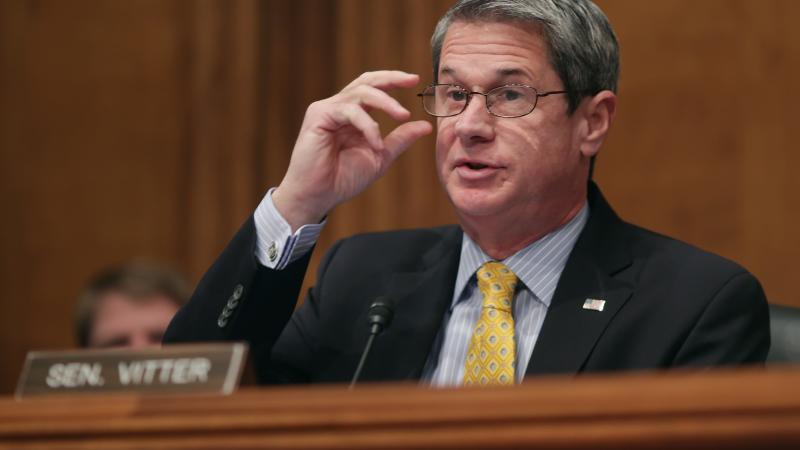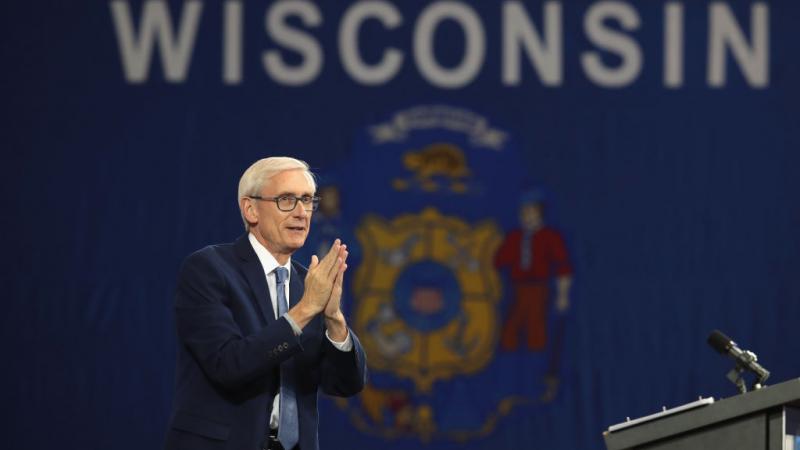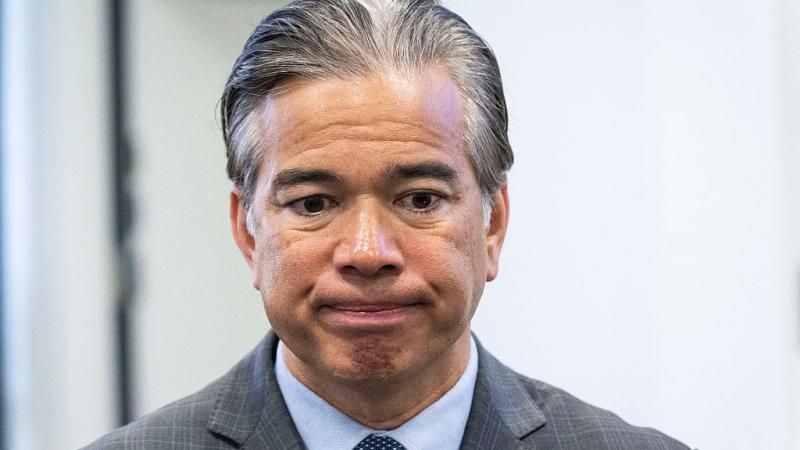Brennan, Clapper downplay Steele Dossier's impact in Russiagate investigation in new op-ed
Brennan and Clapper on Wednesday defended their investigation in an opinion piece for the New York Times, and claimed that the assessment was focused on Russia’s actions, not whether the country colluded with someone in the U.S.
Former CIA Director John Brennan and former Director of National Intelligence James Clapper on Wednesday hit back at the Trump administration over allegations they were involved in a treasonous scheme related to Russiagate.
The Trump administration and Senate Republicans have recently declassified intelligence reports that allegedly reveal a plot by former President Barack Obama and then-Secretary of State Hillary Clinton to falsely link President Donald Trump to Russia to distract from Clinton's own classified email server scandal in 2016.
Director of National Intelligence Tulsi Gabbard earlier this month also stated that her office had “revealed overwhelming evidence that demonstrates how, after President Donald Trump won the 2016 election against Hillary Clinton, President Barack Obama and his national security cabinet members manufactured and politicized intelligence to lay the groundwork for what was essentially a years-long coup against President Trump.”
The report released by Gabbard also alleges the December 2016 Intelligence Community Assessment glossed over evidence that Russian President Vladimir Putin may have favored (or at least fully expected) a Hillary Clinton victory nine years ago.
Brennan and Clapper on Wednesday defended their investigation in an opinion piece for the New York Times, and claimed that the assessment was focused on Russia’s actions, not whether the country colluded with someone in the U.S.
"The assessment made no judgment about the impact of Russian information operations on the outcome of the election," the former intelligence officials wrote. "While some state and local electoral boards and voter information and registration systems were accessed by Russian intelligence, the assessment made clear that none of those types of systems were involved in counting votes.
"Russian influence operations might have shaped the views of Americans before they entered the voting booth, but we found no evidence that the Russians changed any actual votes," they added.
They also pushed back on the use of the now-discredited Steele Dossier in their investigation, stating that the dossier was "not a source or taken into account for any of its analysis or conclusions."
"We have testified under oath, and the reviews of the assessment have confirmed, that the dossier was not used as a source or taken into account for any of its analysis or conclusions," the pair said. "At the Federal Bureau of Investigation’s insistence, a short summary of the dossier was added as a separate annex only to the most highly classified version of the document that contained the assessment. That annex also explained why the dossier was not used in the assessment."
The duo additionally defended the validity of the 2016 intelligence assessment, arguing that even the bipartisan Senate Select Committee on Intelligence validated the assessment's findings. The select committee included now Secretary of State Marco Rubio.
"While some external critiques have noted that parts of the Russia investigation could have been handled better, multiple, thorough, yearslong reviews of the assessment have validated its findings and the rigor of its analysis," the pair said.
"The special counsel John Durham, who was appointed during Trump’s first term to investigate how the Russia probe was conducted, similarly found no evidence of an Obama administration conspiracy against Trump," they continued. "But he affirmed the findings of the special counsel Robert Mueller, who conducted a separate investigation into the allegations, which found ample evidence of Russian interference in the election."
The pair concluded by defending their efforts to keep the intelligence review under wraps, declaring that they knew any leaks about Russia's meddling in the election would become "political dynamite."
"Despite claims by Trump administration officials of a nefarious political conspiracy, we did everything we could at the time to prevent leaks of intelligence reports, including Russia’s preference for Mr. Trump, a requirement that President Obama regularly emphasized," they wrote. "We knew such reports would be political dynamite. And despite substantial reporting on the matter, we succeeded in preventing such leaks before the election."
Misty Severi is a news reporter for Just The News. You can follow her on X for more coverage.














